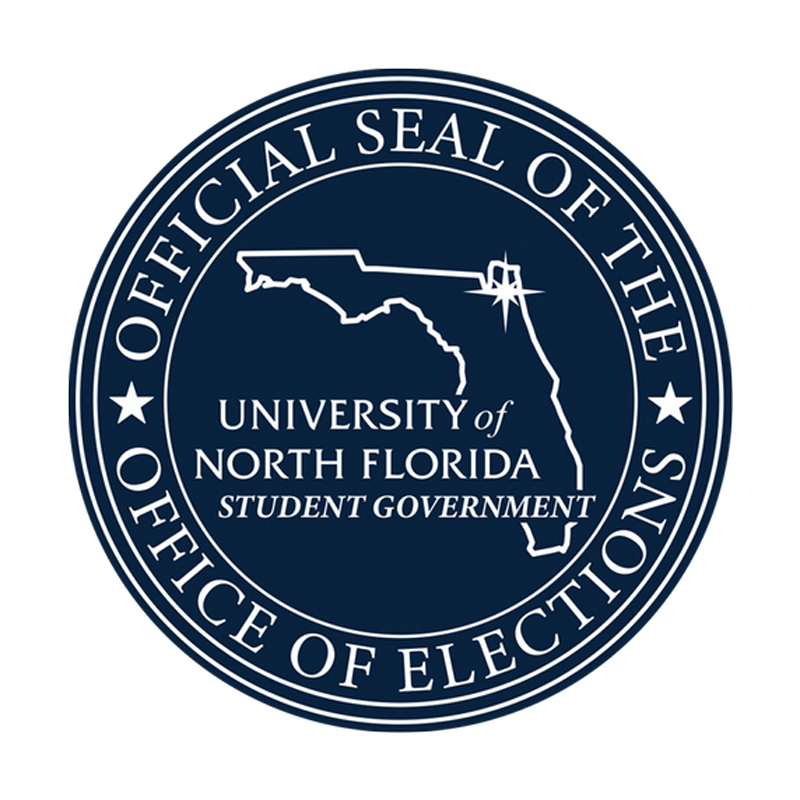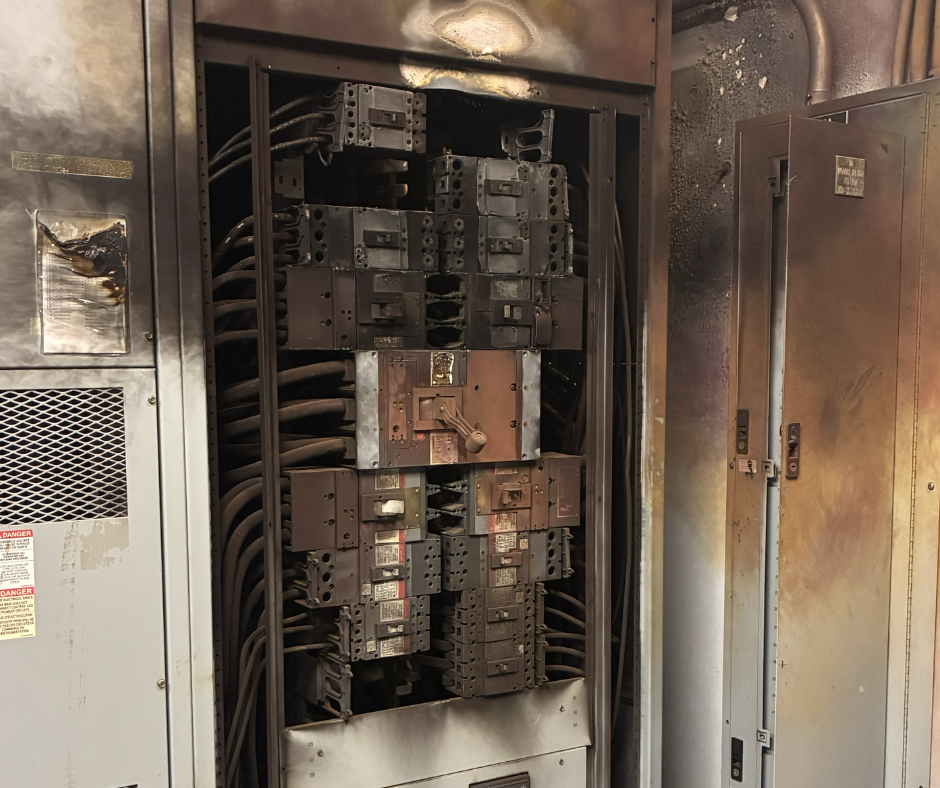Florida Community College at Jacksonville is undergoing a transition to become a four-year college, causing a possible overlap in educational instruction, UNF officials said.
FCCJ’s status will change this summer from a community college to a state college. This change involves expansion of the school’s four-year bachelor’s degree programs and receipt of a new name and mission statement.
The new state college designation resulted from recently ratified Senate Bill 1716, which passed last year, creating another tier in public higher education that will bridge the community college system and university system.
Five of the state’s 28 community colleges have already begun work on the transition.
FCCJ administrators are expecting an increase in enrollment due to an overwhelming response to the three new programs that were added in the summer of 2008: childhood education, public safety management and information technology management.
“We were overwhelmed with the response,” FCCJ President Steven Wallace said. “We filled [the programs] virtually overnight.”
Aside from the newly created bachelor’s programs, FCCJ will also have a non-degree technical college, a general equivalence diploma academy and the 3-year-old Pathways charter school.
FCCJ administrators will continue to consider how the new state college can preserve essential mission and operational characteristics while developing strategies for making the college stronger, more responsive and more relevant in the future, FCCJ’s media relations coordinator Michal Corby said.
However, there is no consensus among higher education officials in the state concerning the possible benefits of the change.
The state has limited resources, so adding more four-year colleges simply means the existing resources will be redistributed to more schools, yielding fewer resources for each individual campus, said UNF Provost of Academic Affairs Mark Workman.
“[It is] potentially beneficial to the city at large, as long as there isn’t overlap in programs,” Workman said. “The nursing program specifically creates overlap because UNF already has sufficient capacity.”
And capacity isn’t the only concern.
When the limited number of clinical training sites is taken into account, it might become a source of competition rather than cooperation, Workman said.
“The potential for success lies between the relationship of the state college system and the state university system,” he said.
One area of great benefit is the addition of non-degree technical certificates, Workman said.
The information technology program will be an area with less overlap than nursing because it will provide a service to train people that UNF’s curriculum doesn’t meet, he said.
Regardless, UNF does not anticipate a drop in its enrollment.
Officials expect to admit the same number of students in the 2009-2010 year as in the 2007-2008 year, said Deborah Kaye, associate vice president of Enrollment Services.
The number of accepted students was reduced for the 2008-2009 year due to lack of funding.
Under another recently ratified bill, UNF will join the ranks of several other state institutions in the differential tuition plan.
The plan will allow the school to raise tuition up to 15 percent to keep the budget in the black, which will allow increased enrollment of new and transfer students.
But Corby said any possible FCCJ tuition increase will be up to state lawmakers.
E-mail James Cannon II at asst.news@unfspinnaker.com.
NEW STATUS, NEW NAME
Florida Community College at Jacksonville is transitioning into a four-year college, and during the
process, it is seeking to change its name. There are three possible names that resulted from a focus group.
• Florida Coast State College
• Northeast Florida State College
• Florida Northeastern State College
Source: Michael Corby











